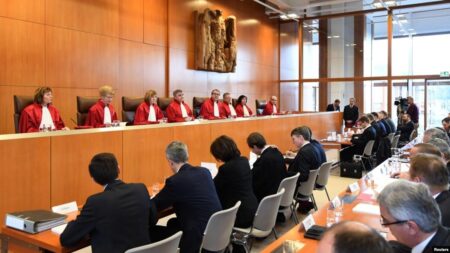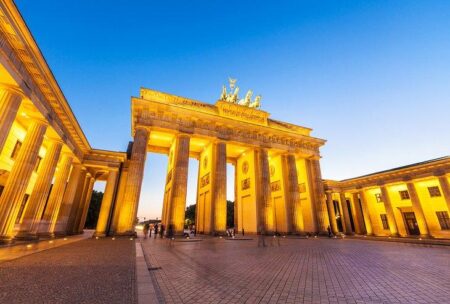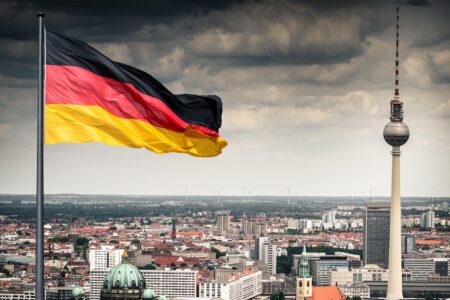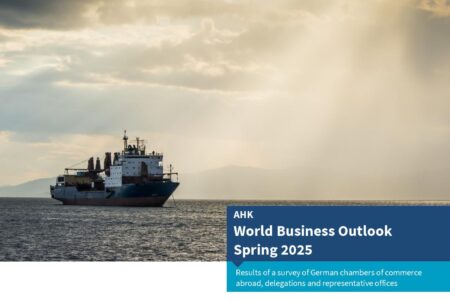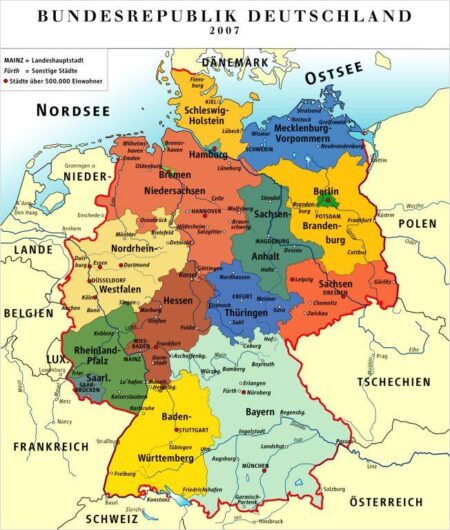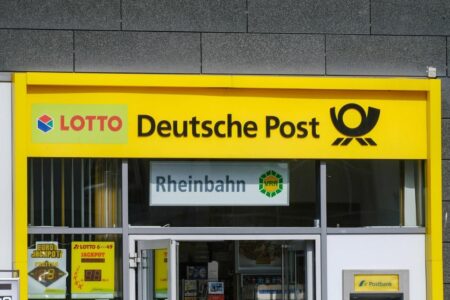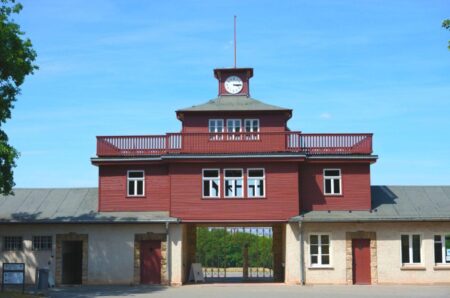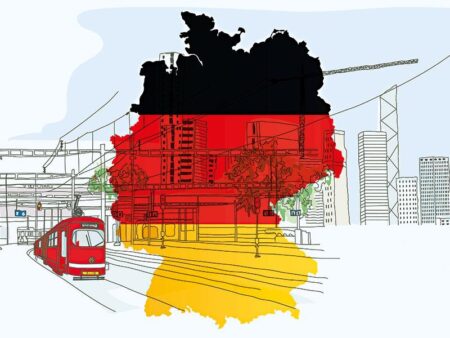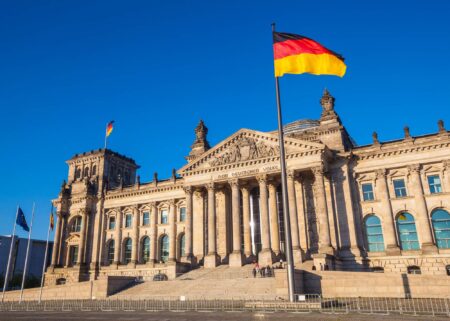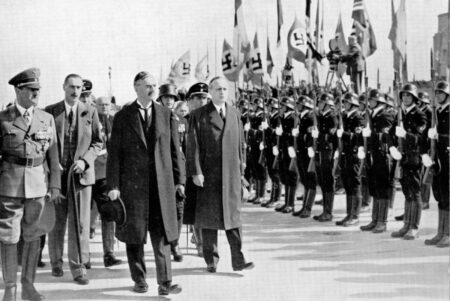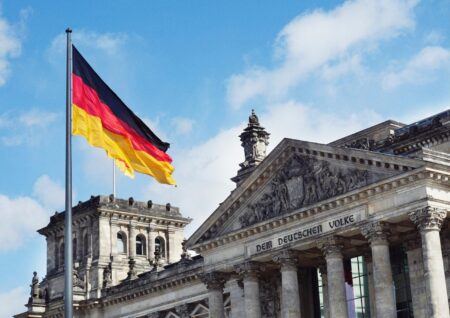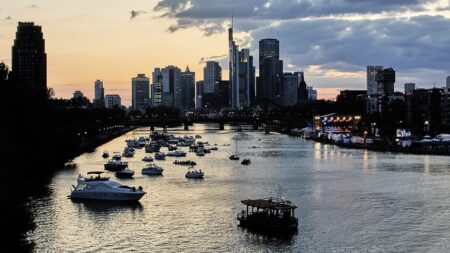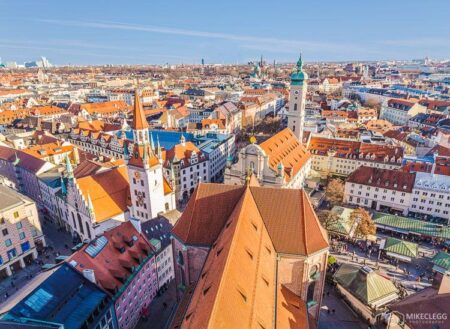Starting August 22, 2025, new U.S. customs regulations will temporarily limit postal shipments to the U.S. DHL Group urges all private and business customers to review the updated guidelines today to guarantee seamless delivery and prevent any delays
Browsing: Germany
A German court has issued a bold ruling: Apple is prohibited from labeling its smartwatch as “carbon neutral” because it failed to provide convincing proof for this claim. This decision casts a spotlight on Apple’s environmental marketing tactics, sparking heightened scrutiny throughout Europe
Germany is ramping up its support for Ukraine, as Vice Chancellor Robert Habeck announces that Berlin will offer security guarantees to Kyiv. This bold step underscores Germany’s unwavering commitment to standing with Ukraine amid rising tensions with Russia, Reuters reports
Germany and Canada have teamed up in an exciting new partnership to boost collaboration on critical raw materials essential for green technologies. This groundbreaking agreement promises to strengthen supply chains and fast-track the sustainable development of these vital resources
Germany’s business outlook has soared to its highest level since 2022, igniting fresh optimism among companies as supply chain hurdles fade and global demand gains momentum, Bloomberg reports
In Germany, officials have revealed that a U.S. citizen stands accused of spying for China. This individual allegedly gathered sensitive intelligence, raising alarm over a significant threat to national security and intensifying concerns about escalating espionage activities
Deutsche Post and DHL Parcel Germany have temporarily suspended business shipments to the U.S., grappling with complex logistical hurdles and regulatory challenges, reports The Wall Street Journal. This interruption affects both express and parcel delivery services
Nigerian striker Ime Okon burst onto the German stage with an electrifying debut, scoring his first goal and announcing himself as a force to be reckoned with at his new club. The gifted forward lit up the pitch, giving fans an exciting preview of a bright and thrilling future in European football
A German court has ruled that Buchenwald Memorial can deny entry to visitors wearing Palestinian keffiyehs, underscoring the symbol’s political weight and sparking a fierce debate over freedom of expression versus respect for historical memory
Two married couples were tragically discovered lifeless inside a British-registered car following a devastating crash on a German motorway. Authorities are urgently investigating the cause of the accident, though no further details have been shared so far
Germany’s economy contracted in the latest quarter, signaling mounting challenges ahead. Surging inflation, skyrocketing energy costs, and global uncertainties are weighing heavily, casting a shadow over Europe’s largest economy, according to Semafor
German authorities have made a breakthrough by arresting a suspect connected to the Nord Stream pipeline explosions. This individual is suspected of sabotage, intensifying the urgency and expanding the scope of investigations into the 2022 attacks on this critical energy infrastructure
Munich 1938’s legacy casts a long shadow over the Washington 2025 talks, standing as a stark warning to diplomats about the perils of appeasing aggressive powers amid today’s high-stakes global tensions
Germany’s unwavering commitment to Israel remains a cornerstone of its foreign policy, deeply anchored in historical responsibility and a robust strategic alliance amid the ever-changing dynamics of the Middle East. Yet, critics urge for a more balanced and nuanced strategy
Germany’s economy is contracting more rapidly than expected, sending shockwaves through global investors. A steep drop in industrial production, coupled with weak exports, signals potential ripple effects that could impact markets worldwide
A fiery TikTok makeup battle between Turkish and German users has ignited intense tensions within Germany’s Turkish diaspora, revealing deeper cultural and political divides. This online clash is being called a ‘proxy war’ among digital communities
Stars and Stripes is excited to announce an electrifying lineup of concerts and events starting August 22. Prepare yourself for unforgettable live performances and lively community festivals that guarantee fun and excitement for all in the coming weeks!
Germany has proudly chosen Mascha Schilinski’s mesmerizing “Sound of Falling” as its official contender for the Best International Feature Film at the Oscars, The Hollywood Reporter reveals. This selection honors the film’s compelling narrative and its resounding praise from critics worldwide
Germany’s unusually mild weather this season has sparked a bumper apple harvest, energizing local fruit markets like never before. Thanks to these perfect conditions, farmers are enjoying richer yields and top-quality fruit, bringing great news for both growers and consumers
From tangy sauerkraut to crispy schnitzel, German cuisine bursts with bold and surprising flavors just waiting to be explored. This guide reveals must-try dishes for adventurous food lovers eager to experience authentic tastes that break free from the usual stereotypes


